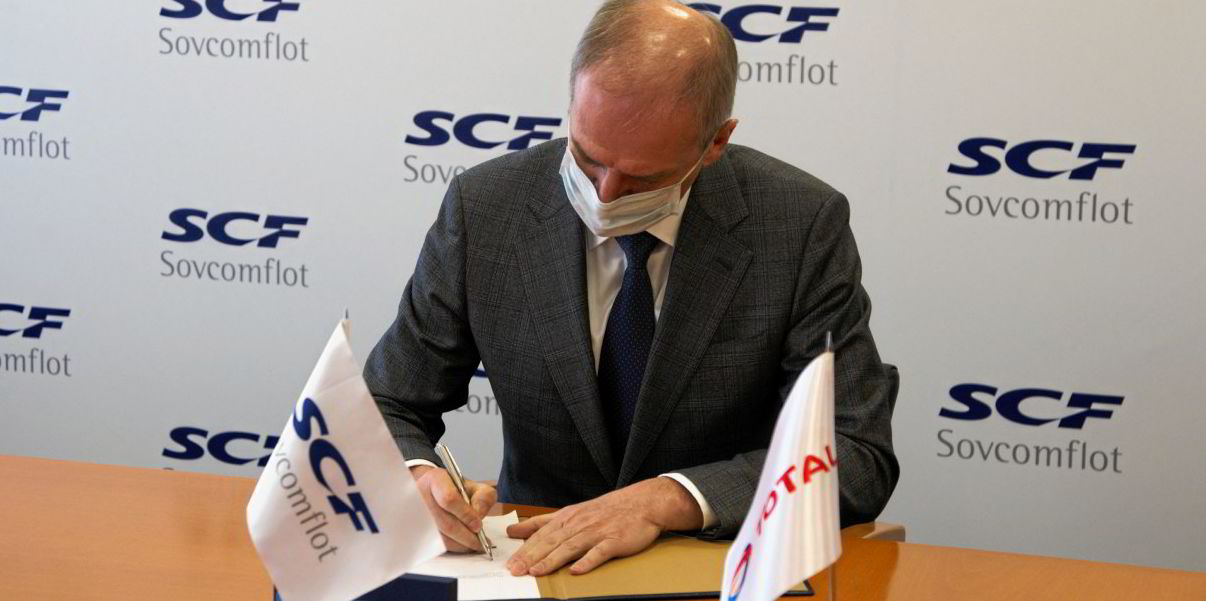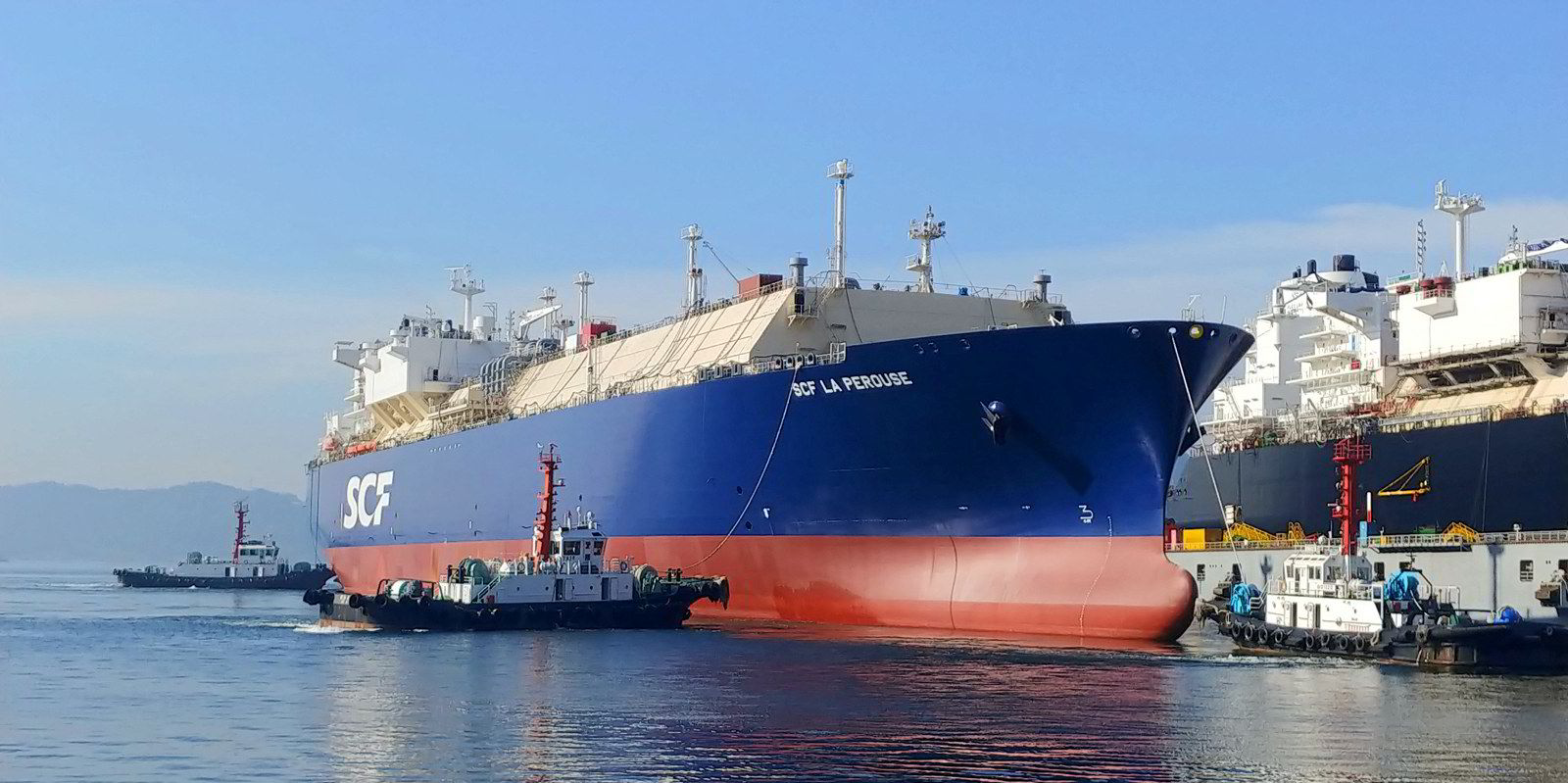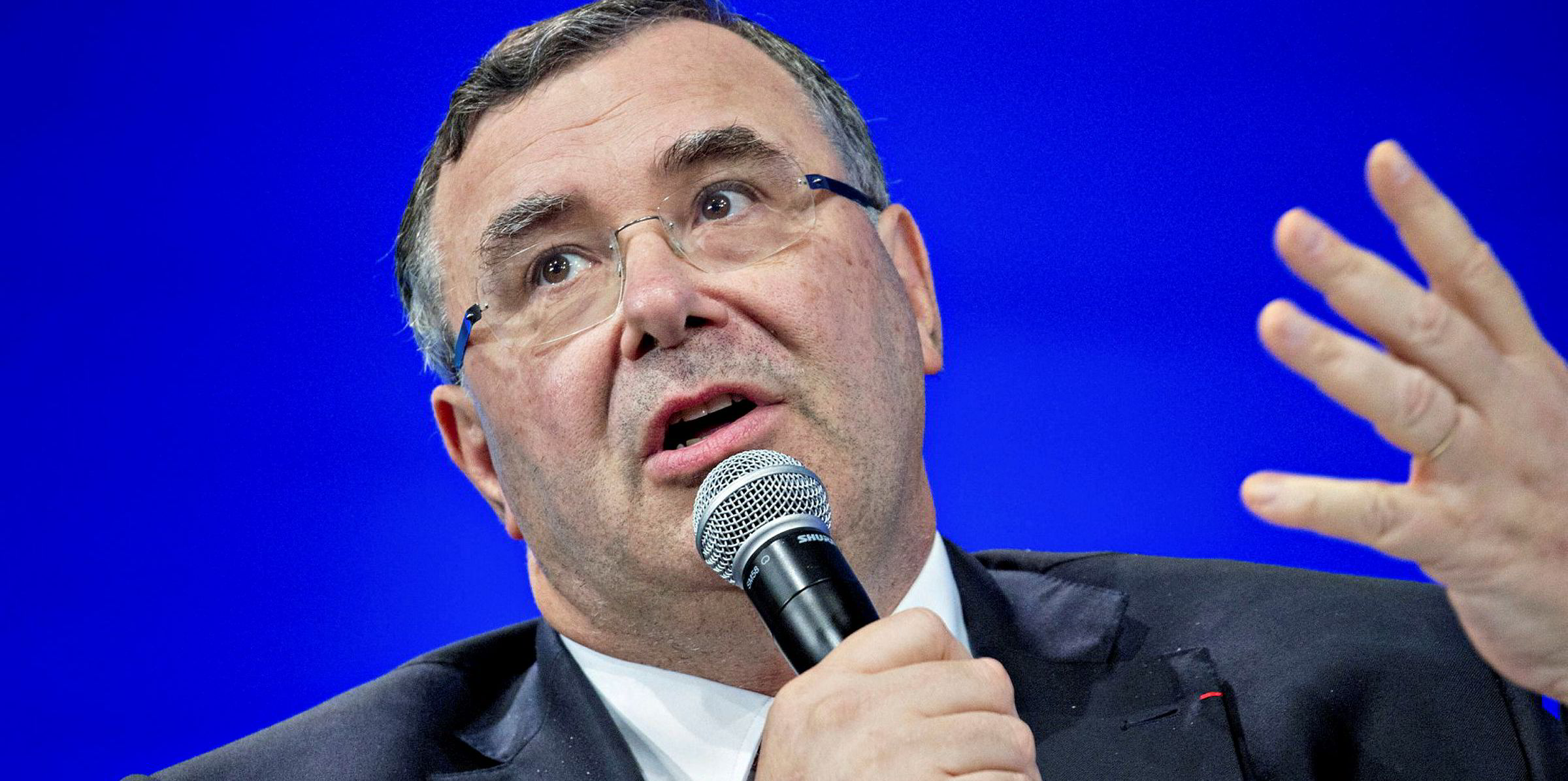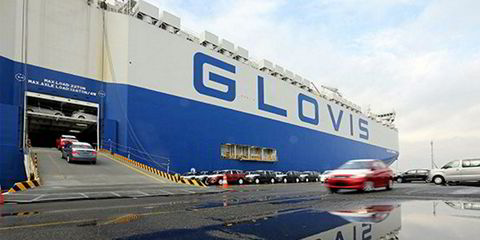Sovcomflot (SCF Group) has confirmed its newbuilding deal with Total for up to three LNG carriers.
The Russian shipowner said it inked a time charter agreement for up to seven years on a 174,000-cbm newbuilding that it will own and operate.
The deal includes options on an additional two vessels.
Sovcomflot said the firm vessel, which will be built by Hyundai Samho Heavy Industries and fitted with an X-DF propulsion system, is scheduled for delivery in the third quarter of 2023.
TradeWinds reported the tie-up between Sovcomflot and Total on the ship on 12 January.
The charter is the result of a tender process for new or existing LNG vessels launched by Total last year to serve its growing gas portfolio.
A statement by Korea Shipbuilding & Offshore Engineering, which controls the Hyundai group of shipyards, priced the vessel at just over $181m.
Sovcomflot said the newbuilding will be the latest in a series of its new generation of conventional Atlanticmax LNG carriers.
It will be equipped with a hull air lubrication system to cut fuel consumption and greenhouse gas emissions and a partial re-liquefaction system to recycle cargo boil-off gas to the ship's tanks.
Sovcomflot has three sisterships already in operation. The SCF La Perouse (built 2020) is fixed on a seven-year charter to Total at a rate reported to be in the low $60,000s per day.
Sovcomflot took delivery of another this week, the newbuilding SCF Timmerman, which has begun its time charter with Shell. The SCF Barents (built 2020) was delivered to a Shell charter in September.
Speaking after a video conference signing with Total senior vice president for LNG Thomas Maurisse and Hyundai Heavy Industries senior executive vice president and chief operating officer SY Park, Sovcomflot chief executive Igor Tonkovidov thanked the energy major for the opportunity to participate in what he described as this "interesting project".
“The continued development of our energy transportation services that serve long-term projects provides a fixed return element to SCF’s business model," Tonkovidov said.
"It is in line with the corporate strategy approved by our shareholders and allows us to reduce the negative impact of conventional tanker freight market fluctuations on the company’s results."






